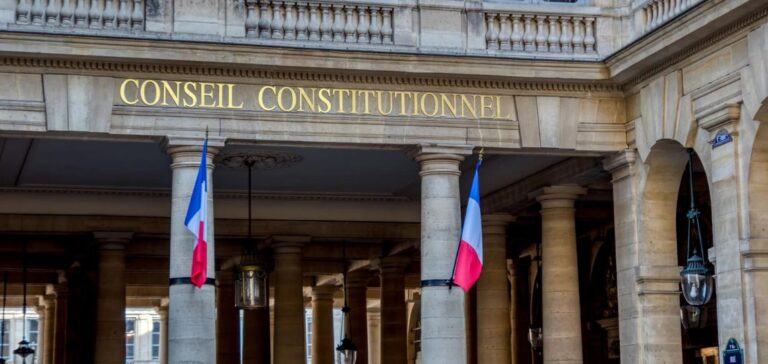The French Constitutional Council has rejected an appeal by left-wing MPs and Liot independents against the merger of the ASN (Autorité de sûreté nucléaire) and IRSN (Institut de radioprotection et de sûreté nucléaire). This bill, adopted by the French Parliament in early April, provides for the creation of an ASNR (Nuclear Safety and Radiation Protection Authority) in 2025. The French Constitutional Council ruled that this merger did not contravene the French Environment Charter.
Government objectives
The government defends this merger as a means of streamlining the nuclear sector by reducing the time required for expert appraisal and authorization of facilities. The ASNR will bring together some 2,270 employees from the two current organizations. The aim of this reorganization is to simplify administrative processes and improve the efficiency of nuclear sector regulation in France.
Opponents’ arguments
Opponents, made up of four left-wing groups in the National Assembly and Liot’s independents, fear a loss of expert independence and increased opacity in the decision-making process. They believe that the merger of the two entities calls into question France’s historic dual organization and its deterministic approach to nuclear safety, protected by the French Environment Charter.
Response from the Conseil constitutionnel
In its decision, the French Constitutional Council affirmed that the merger would not affect the obligations to which civil nuclear activities are subject. He also pointed out that the law requires a distinction to be made between expert and decision-makers, thus ensuring the neutrality and independence needed to regulate the sector.
Reactions and consequences
Following this decision, IRSN’s trade unions urgently requested the appointment of a neutral figure to steer the merger with ASN. This request underlines the unions’ continuing concerns about the independence and effectiveness of the new authority. The implementation of this merger in 2025 will mark a significant milestone in the regulation of the nuclear sector in France, with important implications for safety and environmental protection.
The Constitutional Council’s approval of the ASN-IRSN merger paves the way for a new era of nuclear regulation in France. The success of this reorganization will depend on the ASNR’s ability to maintain the independence and efficiency required to guarantee nuclear safety and environmental protection.






















